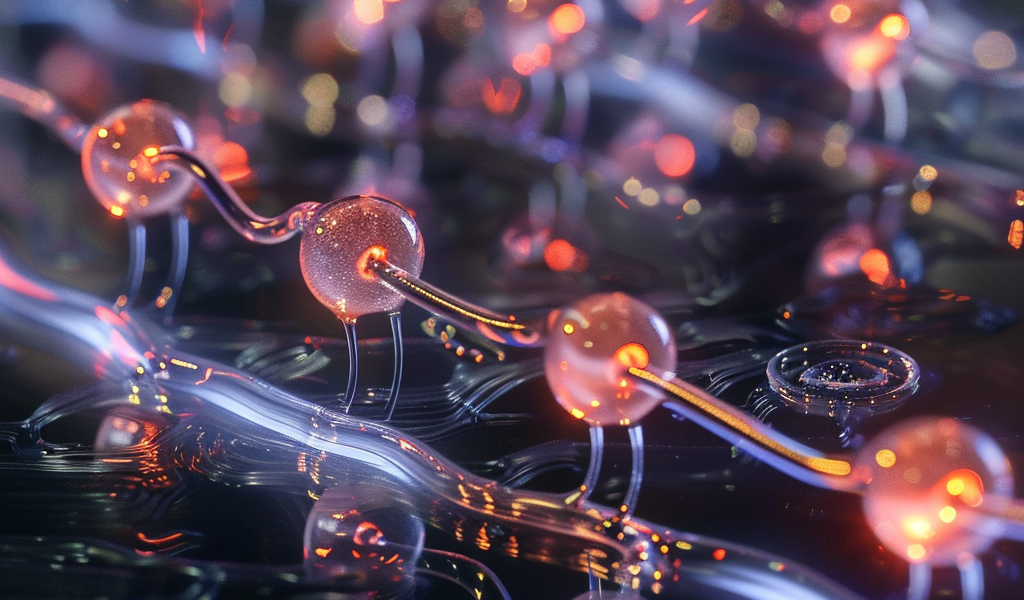Researchers Create Artificial Synapse Using Water and Salt, Mimicking Human Brain Medium
Researchers at Utrecht University and Sogang University in South Korea have made a groundbreaking discovery in the field of neuromorphic computing. In a recent study published in the Proceedings of the National Academy of Sciences, they have successfully created an artificial synapse that operates using water and salt, mimicking the medium of the human brain.
The development of brain-like computers has long been a focus for scientists aiming to enhance the energy efficiency of traditional computing systems. By looking to the brain’s extraordinary capacity for inspiration, researchers have explored analog methods that diverge from binary processing.
While most brain-inspired computers currently rely on solid materials, the new study introduces a system that utilizes water and salt particles, known as ions, as its medium. This novel approach raises the possibility of achieving a more faithful replication of the brain’s functionality.
The artificial synapse created in this study is a tiny device measuring 150 by 200 micrometers, designed to mimic the behavior of a natural synapse in the brain. Synapses are crucial components responsible for transmitting signals between neurons.
Lead author of the study, Tim Kamsma, a Ph.D. candidate at Utrecht University, expressed his excitement about the findings, stating, ‘We are effectively replicating neuronal behavior using a system that employs the same medium as the brain. This marks a significant step forward in the field of neuromorphic computing.’
The device, known as an iontronic memristor, showcases the ability to process complex information, demonstrating a promising advancement in the development of brain-like computing systems. By utilizing water and salt in their artificial synapse, the researchers have provided the first experimental proof that such a system can effectively process intricate data.
This innovative approach to neuromorphic computing opens up new possibilities for creating more efficient and brain-like computer systems. By harnessing the power of water and salt, researchers are paving the way for future advancements in artificial intelligence and cognitive computing.





